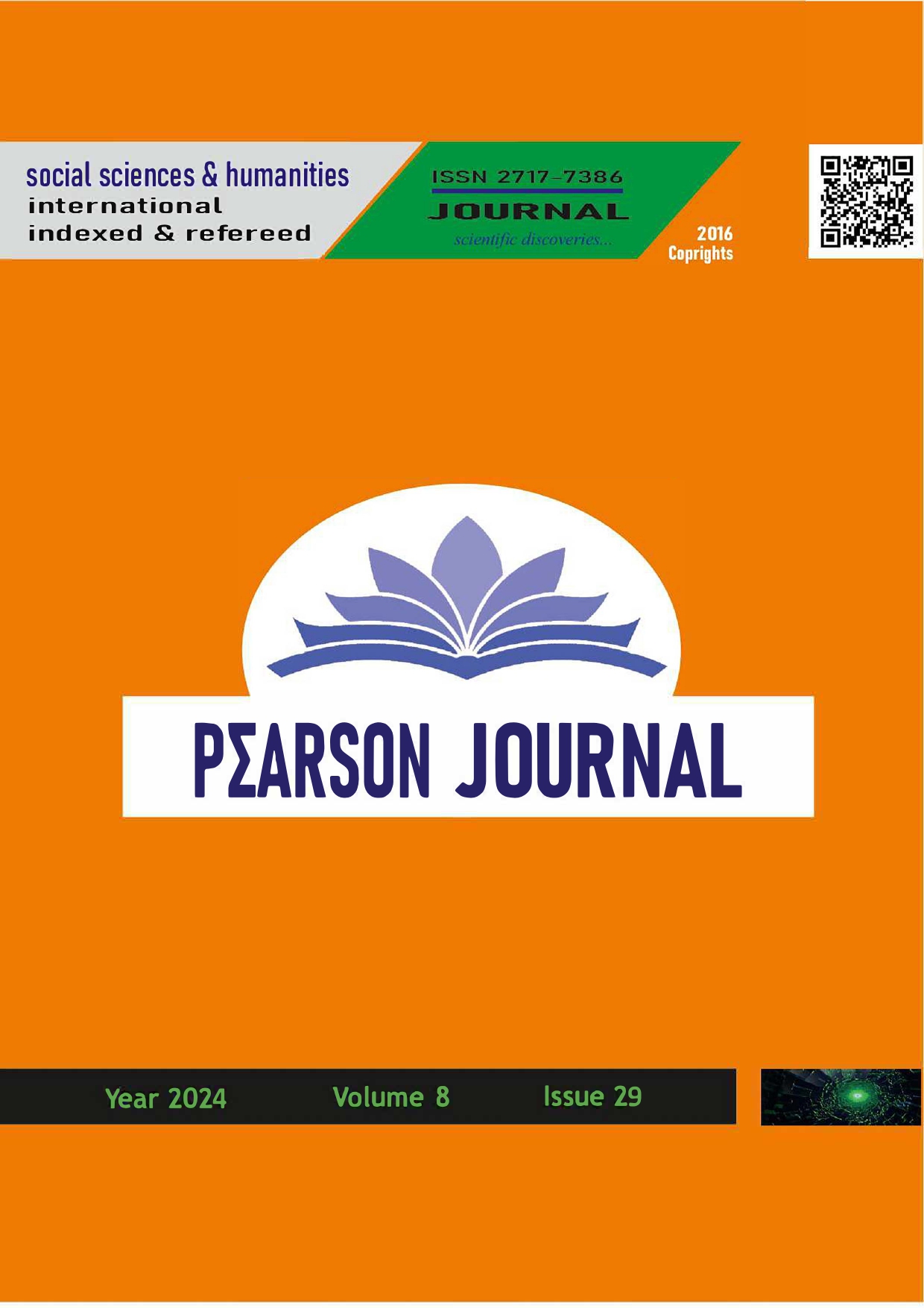Ziya Gökalp and Natıonal Economy in Terms of The Hıstory of Economıc Thought
DOI:
https://doi.org/10.5281/zenodo.13385091Keywords:
Ziya Gökalp, National Economics, History of Economics, History of Economic ThoughtAbstract
In this article, Ziya Gökalp's life is discussed and the theme of national economy in the works he wrote during his time is discussed. It was mentioned which ideas he put forward on the path that the intellectuals who lived before him paved the way for Ziya Gökalp in terms of the history of economic thought. It was touched upon why large masses could not be reached even though non-contemporary individuals defended the same ideas. Emphasis was placed on the freedom of thought that the Committee of Union and Progress established on Ziya Gökalp. It was mentioned that the comparison of both Eastern and Western historians of economic thought was effective in making Ziya Gökalp's idea of national economy accepted by the wider masses. As a final result of this synthesis, he put forward the idea of a school of national economics that could find application in the Ottoman geography. At the same time, he inspired the intellectuals who came after him in this regard. Ziya Gökalp made his ideas known to large audiences by publishing his economic articles in magazines. In addition, he explained the economic situation of the country not only through articles but also through poems, and touched upon the necessity of state intervention as a solution. In this context, as he was one of the important intellectuals of his age, in this study, concepts such as economic protectionism and patronage as well as economic concepts such as capital, entrepreneurship and private property were touched upon through some of his works.
References
Baloğlu, B. (2006). Ziya Gökalp'in İktisat Görüşleri ve Günümüz İktisadi Değerler Sistemi Bakımından Önemi. İstanbul University Journal of Sociology, 3(13), 29 - 45.
Berkes, N. (1959). Turkish Nationalism And Western Civilization - Selected Essays Of Ziya Gökalp. New York: Columbia University.
Berkes, N. (2002). Batıcılık, Ulusçuluk ve Toplumsal Devrimler, 2. Basım, İstanbul: Kaynak Yayınları.
Gökalp, Z. (1981). Makaleler VIII. Ankara: Kültür Bakanlığı Yayınları.
Gökalp, Z. (2018). Yeni Mecmua Yazıları. İstanbul: Ötüken.
Gökalp, Z. (2019). Türkçülüğün Esasları. Eskişehir: T.C. Anadolu Üniversitesi Yayınları.
Gökalp, Z. (2004).Türkçülüğün Esasları, 5. Baskı, İstanbul: Millî Eğitim Bakanlığı Yayınları.
Gökalp, Z. (1976). Makaleler 1 (Diyarbekir, Peyman, Volkan Gazetelerindeki Makaleleri), Şevket Beysanoğlu (hzl.), İstanbul: Millî Eğitim Basımevi.
Gökalp, Z. (2010). Fırka Nedir?. İstanbul: Bilge oğuz Yayınları.
Gökalp, Z. (2013). Son Şiirler, İstanbul: Toker Yayınları.
Günsoy, R. (1982). Ziya Gökalp'in İktisadî Görüşleri. İstanbul Üniversitesi Edebiyat Fakültesi Tarih Enstitüsü Dergisi: Prof. Tayyib Gökbilgin Hatıra Sayısı, 1(12), 355-366.
Okay, M. O. (1996). Türkiye Diyanet Vakfı Ansiklopedisi, 14, 124-128.
Sağlam, S. (2004). Ziya Gökalp'te Solidarizm ve Milli İktisat. Hacettepe Üniversitesi Türkiyat Araştırmaları, 1(1), 67 - 84.
Sayar, A. G. (2013). Osmanlı İktisat Düşüncesinin Çağdaşlaşması, 5. Basım, İstanbul: Ötüken Neşriyat.
Toprak, Z. (1982). Türkiye’de “Milli İktisat” (1908-1918). Ankara: Yurt Yayınları.
Türkdoğan, O. (2015). Türk Sanayi Toplumu. İstanbul: Çizgi Kitabevi.
Ülken, H. Z. (2016). Millet ve Târih Şuuru, 3. Basım, İstanbul: Türkiye İş Bankası Kültür Yayınları.
Ülken, H. Z. (2018). Türkiye’de Çağdaş Düşünce Târihi, 14. Basım, İstanbul: Türkiye İş Bankası Kültür Yayınları.
Vayni, C. (2012). Ziya Gökalp'in İktisadi Görüşleri. Sosyoloji Konferansları, 1(46), 35-43.
Yeni Mecmua, (1918), “Ziya Gökalp”, (41), 25 nisan 1918, 282-283.
Türk ve Dünya Ünlüleri Ansiklopedisi, (1983), “Ziya Gökalp”, İstanbul, Anadolu Yayıncılık, 10, 5638-5640.
Downloads
Published
How to Cite
Issue
Section
License
Copyright (c) 2024 PEARSON JOURNAL

This work is licensed under a Creative Commons Attribution 4.0 International License.



